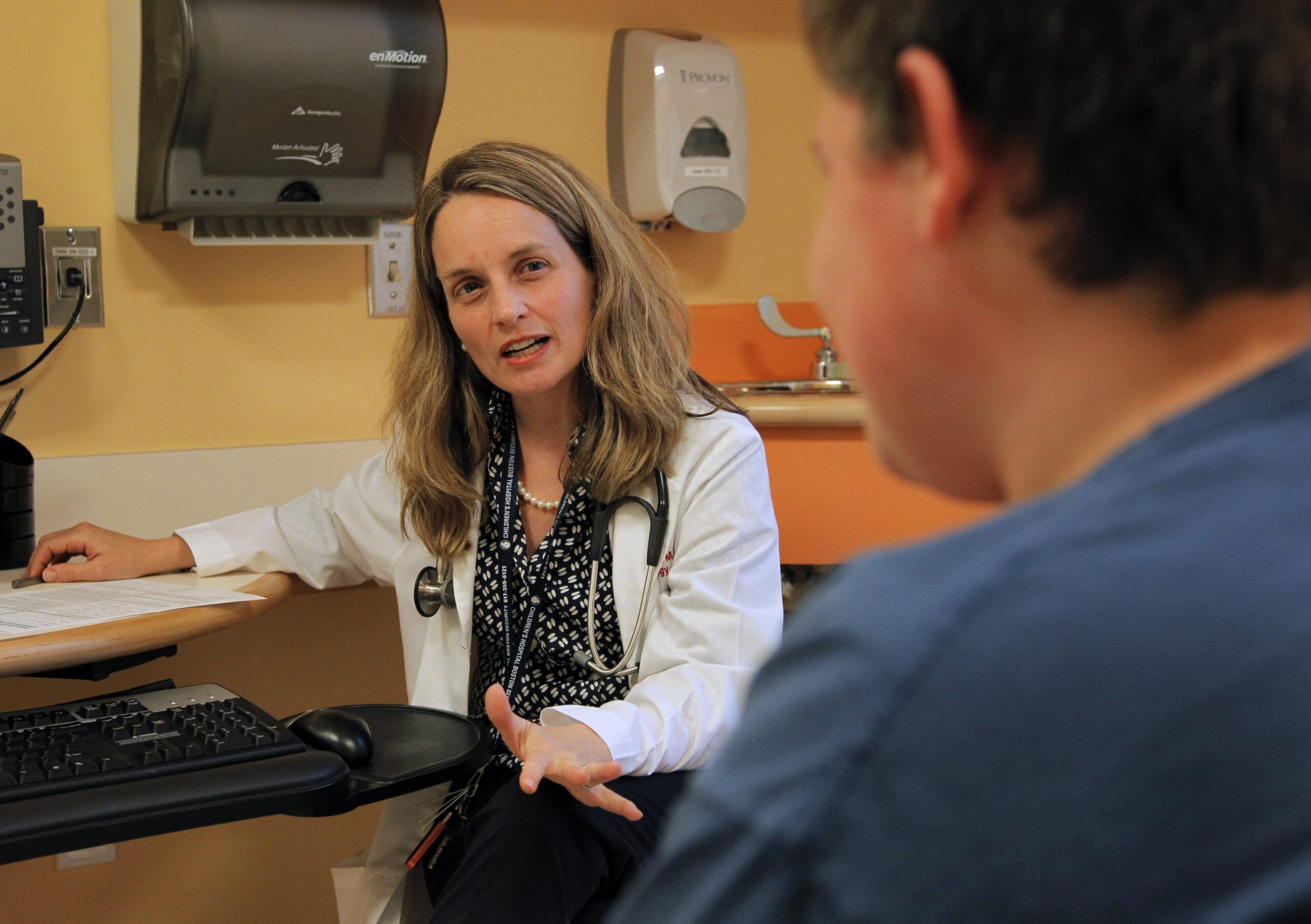With holiday eating beginning in earnest, Americans got a reminder about so-called “bad cholesterol” with leading heart experts issuing new guidelines in November.
The new recommendations by the American College of Cardiology don’t solely focus on lowering the levels for LDL cholesterol — they also call for personalized risk assessment.
“They’re using more factors than just the numbers. They’re using things like race and other things that would increase your risk,” explained Diana Flint, a family medicine doctor in Sun Prairie with SSM Health. “They call them risk-enhancing factors. Along with high blood sugar and high blood pressure, now we’re also starting to look at ethnicity and family history along with different metabolic syndromes like chronic kidney disease and inflammatory disease.”
Stay informed on the latest news
Sign up for WPR’s email newsletter.
Looking at race and culture is one way the guidelines are trying to tailor cholesterol management and determine who has a higher risk of heart attack or stroke.
“We used to base it just on general population. But we’re now realizing that people that are higher risk may be readily identified by different ethnicities. So that’s going to be a factor in the new risk assessment,” said Flint.
The American College of Cardiology says testing may now be considered for most children as young as 9 and as early as age 2 if the family has a history of heart disease. But that doesn’t mean a regimen of statins or other cholesterol-lowering drugs for children. In patients of all ages, changes in diet along with exercise are usually tried first as way to control cholesterol.
“Although we maybe can’t give (cholesterol-reducing) medicine to these kids, we can recommend lifestyle adjustments to lower their risk as well as test their family members and that may give us clues as to a lot of these people are high risk,” said Flint.
Heart disease is the leading cause of death in the United States. But cancer is steadily gaining ground. Projections by the Centers for Disease Control and Prevention indicate cancer could soon kill more people.
Wisconsin Public Radio, © Copyright 2024, Board of Regents of the University of Wisconsin System and Wisconsin Educational Communications Board.







